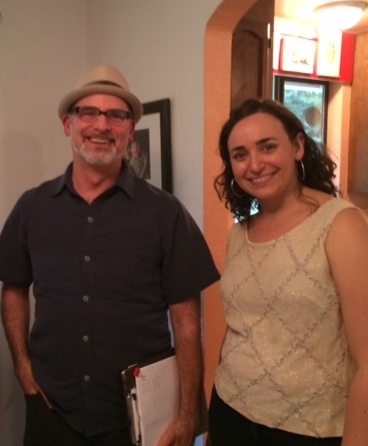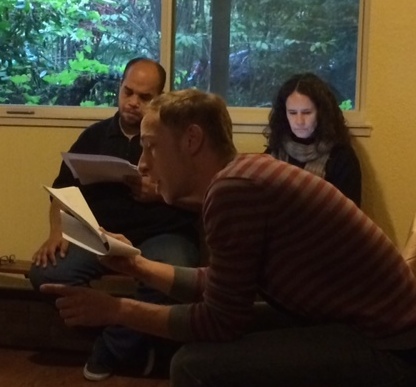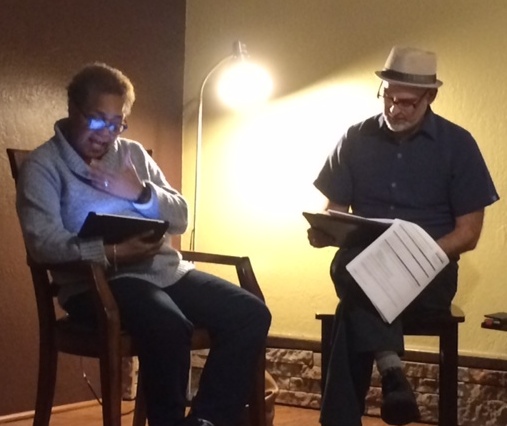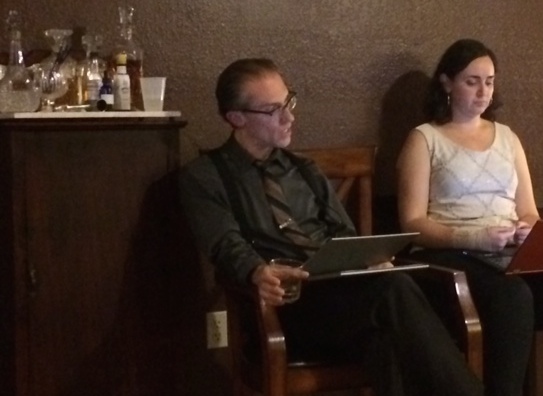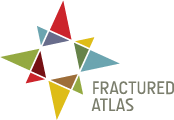Akropolis Performance Lab is proud to announce that after a rigorous selection process, we have added six new collaborators to our ensemble: three new Artistic Associates and three new Artistic Apprentices. The new Company Members are Sara Kaus, Trevor Young Marston, and Jesson Mata. The new Apprentices are Linnea Ingalls, Emily Jo Testa, and Henry James Walker.
Headshot-Sara-Kaus1
Sara Kaus, APL Artistic Associate
Headshot-Trevor-Young-Marston1
Trevor Young Marston, APL Artistic Associate
Headshot-Jesson-Mata-full-body-cropped1
Jesson Mata, APL Artistic Associate
Headshot-Linnea-Ingalls1
Linnea Ingalls, APL Artistic Apprentice
Headshot-Emily-Jo-Testa1
Emily Jo Testa, APL Artistic Apprentice
Headshot-Henry-James-Walker-DIGITAL
Henry James Walker, APL Artistic Apprentice
This is an exciting time of growth for APL. We are thrilled for the opportunity to collaborate with these artists whose intentionality, ethos, and talent align so well with ours. We look forward to the artistic depth and diversity they bring.
Sara Kaus, a small-town girl and University of Northern Iowa theatre major, has been acting in professional children’s theatre since 2009. Sara toured the Midwest in Greek Mythology with the Traveling Lantern Theatre Company. As a company member of the Rose Children’s Theatre for three seasons, she performed in mainstage productions such as Velveteen Rabbit, House on Mango Street, Annie – The Musical, Bridge to Terabithia, Pinkalicious – The Musical, and Peter Pan. She relocated to Seattle for the 2013-2014 Open Door Theatre touring season. She comes to Akropolis with a passion for acting and a belief that great performance has the ability not only to entertain but to educate, inspire, and even stir audience members to action, themselves. Through live theatre, she strives to create art with the capacity to change lives in a positive way, and she is thrilled to have found APL’s values for creating art line up with her own.
Trevor Young Marston is a Seattle-based actor and producer. He has performed locally with Seattle Shakespeare Company, Book-It Repertory Theater, Seattle Public Theatre, ReAct Theatre, and the 14/48 Projects. As a producer he has brought to the stage, the world premiere of A Cure for Pain by Stephanie Timm, Boots by Libby Matthews, and Barbarians – a devised piece with SITI Company associate Jeffrey Fracé. Most recently, for the screen, he associate produced the feature film Pacific Aggression, which was directed and written by Shaun Scott. Trevor earned his MFA from the University of Washington’s nationally ranked Professional Actor Training Program. He trains extensively with Robyn Hunt and Steve Pearson and their company the Pacific Performance Project. Internationally, he has been honored to work with master teacher Kristin Linklater, with Jason Turner of the L’École Internationale de Théâtre Jacques Lecoq (France), and with Andrejz Welminski and Theresa Welminski (Edinburgh), two of Tadeusz Kantor’s original Cricot 2 company members.
Jesson Mata was born in the Philippines and has lived in Seattle most of his life. He studied Political Science at Seattle University and Philosophy and Theology at the Dominican School of Philosophy and Theology in Berkeley. In his early 20s, Jesson volunteered with Mother Teresa’s Missionaries of charity, working with orphans and the poor and dying. Subsequently, he spent four years studying for the priesthood. For the past ten years, he has been Director of Liturgy and Music at Blessed Sacrament Church. Jesson also teaches Philosophy and Theology at Bishop Blanchet High School and has created VLOG60, a video series comprising of 60-second expositions on philosophical and theological insights learned in the classroom. He is an avid gardener and photographer. Jesson is keenly interested in the intersection of music and the physicality of theatrical movement, and he looks forward to pursuing those interests with Akropolis.
Linnea Ingalls, a Western Washington University Theatre Department alumna, has performed, directed, and devised work regionally and in the UK. She currently directs, choreographs, and teaches at Seattle’s Broadway Bound Children’s Theatre. In England, she performed in Our Little Secret, The Suicide, and The Birthday Party (after Pinter) with the University of Hull and in Cyclesong as part of the 2012 London Cultural Olympiad. At WWU, Linnea earned Best Director and Best Show for The Naked Eye and trained in Tectonic Theatre Project’s model for devising through the productions, Us (ACTF Outstanding Ensemble) and Soapbox (Irene Ryan nominee for her performance as Gwen). She is a co-founder of Bellingham-based August Rope Theatre Company, whose To Whom it May Concern was praised at the Kennedy Center American College Theatre Festival. Training interests include Grotowski, Suzuki, Viewpoints, and Commedia Dell’Arte. She has trained with Blue Lake’s Dell’Arte International, New York City’s Blessed Unrest, and London’s Red-Handed Theatre Company.
Emily Jo Testa moved to Seattle after high school, studied acting at Northwest Actors’ Studio, and went on to work behind the scenes with NWAS, Northwest Asian American Theatre, ReACT Theatre, Anything for a Biscuit, Printer’s Devil Theatre, and New City Theatre. Eventually, she volunteered with Circus Contraption in that group’s final year, and then she gravitated towards the Circus members who formed Cafe Nordo – a hybrid of theater and modern dining with whom she has worked as an assistant director on SMOKED! and The Modern American Chicken Part Deux. Emily Jo has performed with the Double Shot Festival of Overnight Plays, WARP Theatre, Blood Ensemble, SIS Productions, and puppet/clown duo Good Evening, Mr. Homunculus. Her screen work includes the short films, ORGANically Grown (for the 48 Hour Film Horror Project) and Happy Anniversary. In addition to NWAS, she has trained with George Lewis, Marya Sea Kaminski, and Amy Thone at Freehold.
Henry James Walker is an alumnus of Western Washington University’s Theatre Department and recent Seattle transplant. His artistic passions include collaborative theatre, training in the physical world of clowning, devising new works with dedicated artists, and connecting social issues and commentary into the theatre he creates. In early 2014 he formed a Commedia dell’Arte troupe, which presented a successful first performance in November and is planning performances around Seattle parks and stages in the coming year. Henry’s most recent roles include Baile in Blood Ensemble’s NDGM, as well as Basque and Dubois in Sound Theatre Company’s School for Lies. Past favorite projects include Soapbox and James’ Castle (devised pieces), as well as Twelfth Night, Pagliacci, Tartuffe, and various Commedia performances. He also leads Commedia workshops. In September 2013, Henry walked more than 500 miles through northern Spain on the Camino de Santiago; he regularly gives talks about his physical, emotional, and spiritual journey along the Way.











